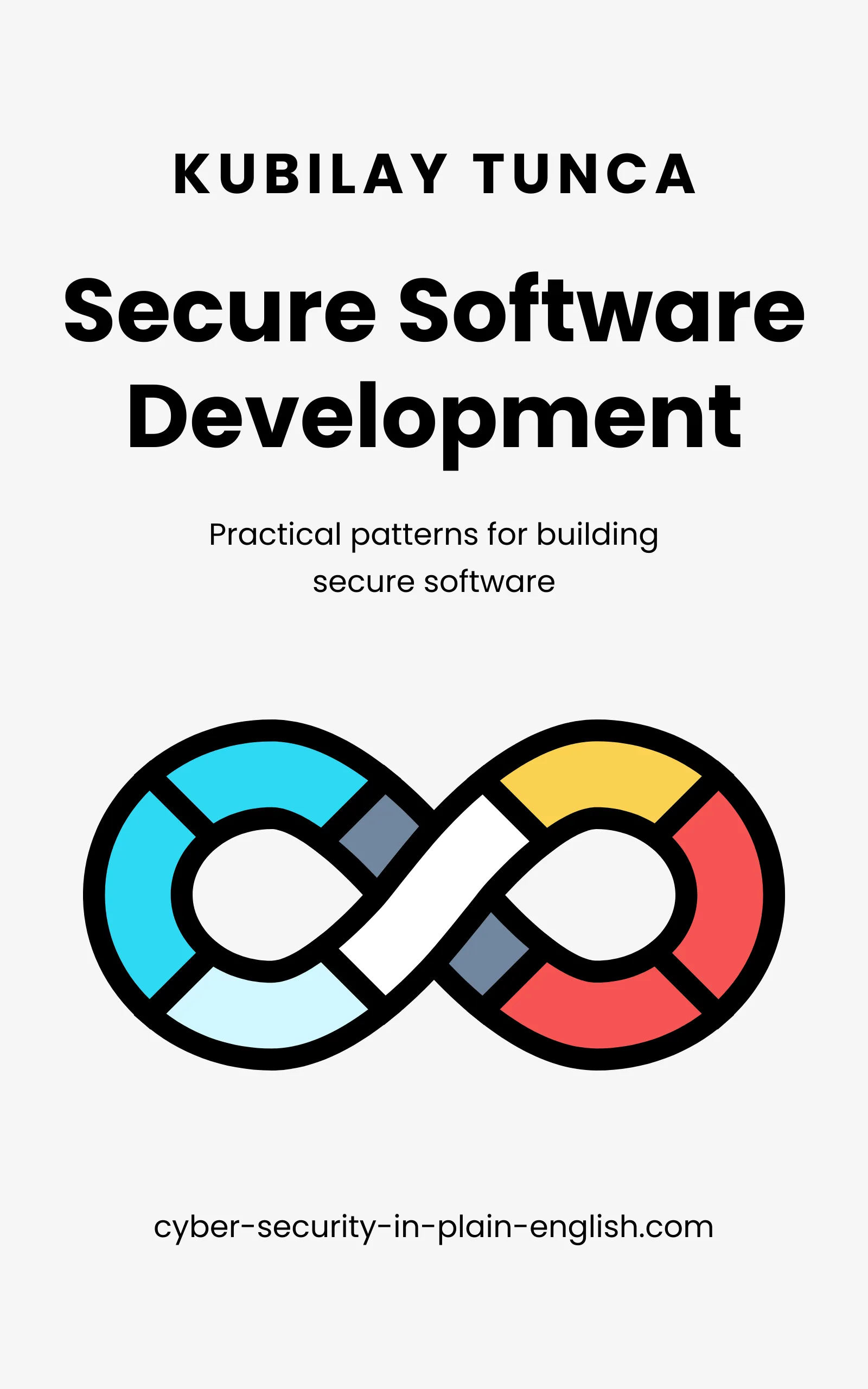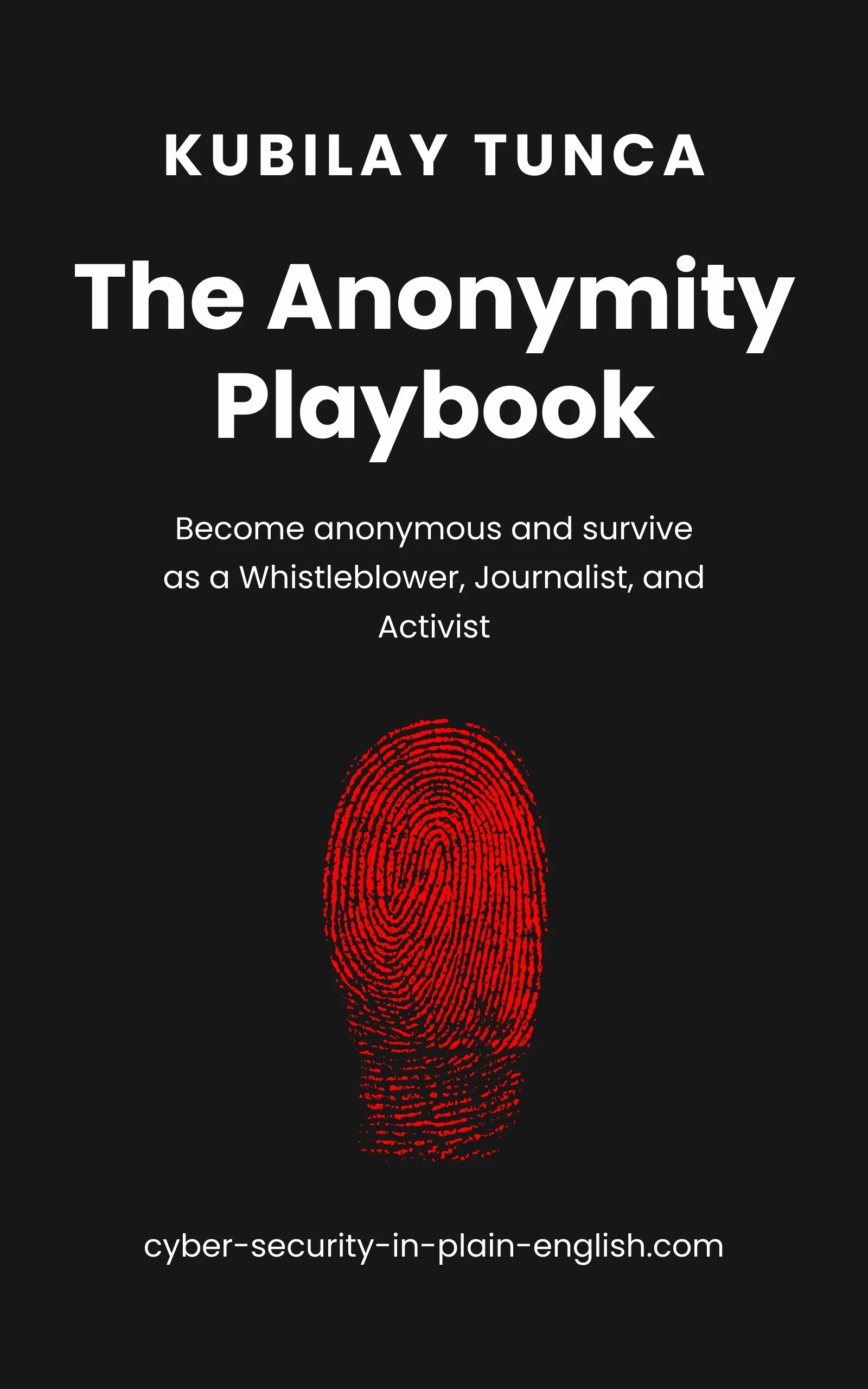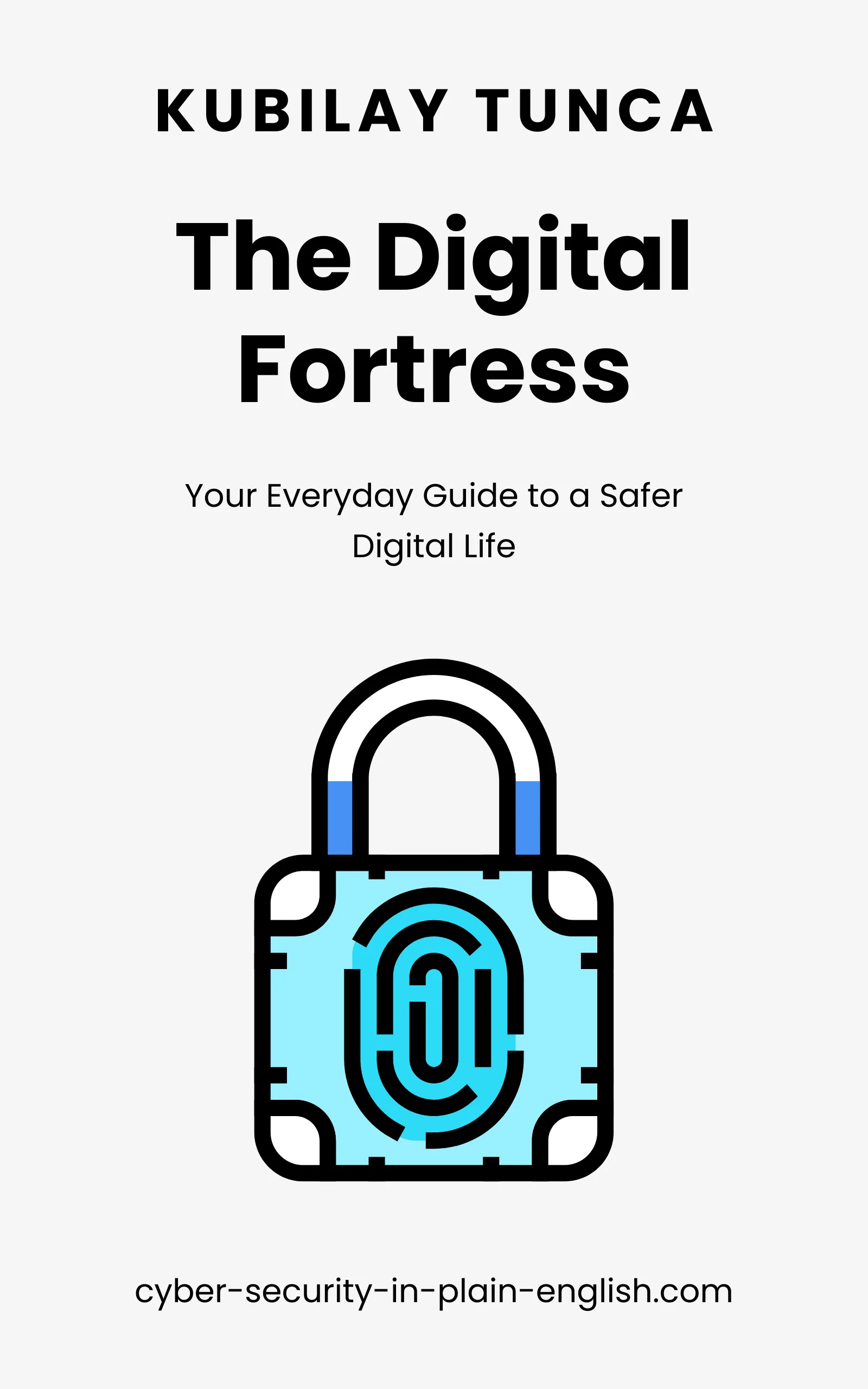Published
- 6 min read
How to Stay Anonymous on the Dark Web Using TOR

How to Write, Ship, and Maintain Code Without Shipping Vulnerabilities
A hands-on security guide for developers and IT professionals who ship real software. Build, deploy, and maintain secure systems without slowing down or drowning in theory.
Buy the book now
Practical Digital Survival for Whistleblowers, Journalists, and Activists
A practical guide to digital anonymity for people who can’t afford to be identified. Designed for whistleblowers, journalists, and activists operating under real-world risk.
Buy the book now
The Digital Fortress: How to Stay Safe Online
A simple, no-jargon guide to protecting your digital life from everyday threats. Learn how to secure your accounts, devices, and privacy with practical steps anyone can follow.
Buy the book nowHow to Stay Anonymous on the Dark Web Using TOR
Introduction
The dark web, accessible only through specialized browsers like Tor, offers anonymity and access to hidden websites. While Tor provides privacy protection, accessing the dark web can still expose users to potential risks if they don’t follow best practices for anonymity. This article outlines effective ways to stay anonymous while browsing the dark web using Tor, focusing on essential tips for privacy, security, and safe browsing.
Understanding the Dark Web and TOR
The dark web is a part of the internet that isn’t indexed by traditional search engines and can only be accessed through specialized software like Tor (The Onion Router). The dark web includes .onion sites, which are unique to the Tor network and often provide services focused on privacy and anonymity. While the dark web has legitimate uses, such as anonymous communication, it also requires caution due to potential privacy risks and illegal content.
Tor works by routing your traffic through multiple nodes, each one encrypting and hiding your data. This process makes it difficult to trace your IP address back to you, offering strong anonymity. However, safe browsing practices are essential to protect yourself fully on the dark web.
Tips for Staying Anonymous on the Dark Web Using Tor
1. Use a Reputable VPN with Tor for Added Security
While Tor itself provides a high level of anonymity, pairing it with a VPN adds an extra layer of security. By connecting to a VPN first, your ISP won’t know you’re using Tor, as they’ll only see an encrypted connection to the VPN server. Additionally, if Tor’s exit node is compromised, the VPN can help protect your identity.
How to Use It Safely:
- Connect to a reputable VPN provider with a strict no-logs policy.
- Open the Tor Browser after connecting to the VPN.
- Use Tor to access the dark web as usual.
Why It Matters: Combining Tor with a VPN masks your IP address at both the VPN and Tor levels, making it harder for anyone to trace your activities.
2. Use the Official Tor Browser Only
Using the official Tor Browser is essential for privacy, as it’s designed specifically for anonymous browsing. It disables features like JavaScript, which can expose your identity, and prevents tracking and fingerprinting. Avoid third-party or modified versions of Tor, as they may contain vulnerabilities or malware.
Why It Matters: The official Tor Browser is optimized for privacy and regularly updated to address potential vulnerabilities, providing a safer browsing experience on the dark web.
3. Avoid Logging into Personal Accounts
Logging into personal accounts, such as social media or email, compromises your anonymity by linking your activity to your real identity. Avoid using any services or accounts that could reveal who you are while browsing on the dark web.
Why It Matters: Once you log into a personal account, your anonymity is compromised, and your browsing activity can be linked back to you.
4. Disable JavaScript and Avoid Downloading Files
JavaScript and downloads can compromise your privacy on the dark web. JavaScript can run scripts that reveal information about your device, while downloaded files may contain tracking data or malware that could expose you when opened outside of Tor.
How to Disable JavaScript:
- Open the Tor Browser.
- Go to
Preferences > Privacy & Security. - Select the “Safest” security level to disable JavaScript.
Why It Matters: Disabling JavaScript and avoiding downloads reduces your exposure to tracking scripts and malicious files, protecting your identity.
5. Clear Cookies and Avoid Bookmarking .onion Sites
Cookies and bookmarks can retain information about your browsing history, potentially linking you to specific dark web activities. The Tor Browser is configured to delete cookies after each session, but manually clearing them adds an extra layer of caution.
How to Clear Cookies Manually:
- Open the Tor Browser.
- Go to
Preferences > Privacy & Security. - Select “Clear Data” to remove cookies and site data.
Why It Matters: Deleting cookies and avoiding bookmarks prevents any data retention that could trace your browsing history, preserving your anonymity.
6. Be Cautious with Links and Untrusted Sites
The dark web hosts a range of content, and not all .onion sites are trustworthy. Stick to reputable sources or directories, and avoid clicking on random links, as they may lead to malicious sites. Some websites may try to extract information or install tracking software.
Why It Matters: Visiting untrusted sites increases the risk of malware and tracking, potentially compromising your privacy and security.
7. Avoid Sharing Personal Information
When using forums or services on the dark web, avoid sharing any identifiable information. Even small details like your location, age, or occupation can help others piece together your identity, so keep interactions as anonymous as possible.
Why It Matters: Remaining anonymous in conversations and posts prevents others from identifying you based on shared details.
8. Use Tails OS for Enhanced Anonymity
Tails is a privacy-focused operating system designed to run from a USB stick, leaving no traces on your device. It comes preconfigured with Tor and other privacy tools, offering a secure environment for browsing the dark web.
How to Use Tails Safely:
- Download Tails from the official Tails website.
- Install Tails on a USB drive and boot it from your computer.
- Use the built-in Tor Browser for secure dark web access.
Why It Matters: Tails ensures that no data remains on your device after shutdown, making it ideal for those who need maximum privacy.
Common Risks and Misconceptions About Using Tor on the Dark Web
Risk: Malicious Exit Nodes
While Tor encrypts traffic within its network, data leaving the final exit node is unencrypted. Malicious exit nodes may try to intercept unencrypted data, so avoid sharing sensitive information or visiting non-HTTPS sites.
Solution: Only access sites with HTTPS encryption, as it ensures data security even at the exit node.
Misconception: “Tor Provides Total Anonymity”
Tor enhances anonymity but doesn’t make you fully anonymous. Combining Tor with VPNs, privacy-focused habits, and secure browsing practices maximizes protection.
Solution: Follow safe browsing practices, like avoiding personal logins, disabling JavaScript, and using encrypted sites, to reduce risks.
Conclusion
Using Tor to access the dark web can enhance your anonymity, but following best practices is essential to ensure maximum privacy. By combining Tor with a VPN, disabling JavaScript, and avoiding personal accounts, you can browse the dark web more securely. Whether you’re using Tor for research, communication, or exploring privacy-focused services, these strategies will help you protect your identity and maintain a safe, anonymous online presence.
Tor offers strong anonymity, but caution and good practices are key to making the most of its privacy benefits on the dark web.